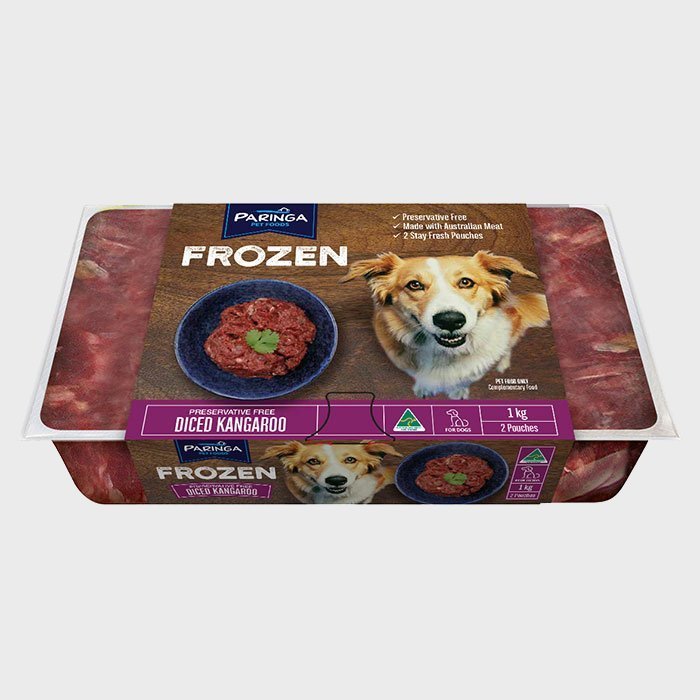The Truth about Dry Pet Foods - Ultra-processed Foods have been Linked with an Increase in Health Issues
The latest research published in The BMJ has again highlighted the detrimental effects of consuming ultra-processed foods on human health. This study, which analysed data from 45 previous meta-analyses, paints a concerning picture of the risks associated with a diet high in these heavily processed products.
This research provides compelling insights into not only our well-being but potentially the health of our pets, considering the similarities in digestive health between humans and our animal companions.
 Visual abstract courtesy of the British Medical Journal (BMJ)
Visual abstract courtesy of the British Medical Journal (BMJ)
If processed food does this to our bodies, imagine what it is doing to your pet’s body and gut health.
🍟 What are ultra-processed foods and why?
Ultra-processed foods are foods that contain:
- high levels of additives,
- high levels of preservatives, and
- refined ingredients such as sugars, sweeteners and added salt.
People buy these foods due to their convenience and affordability.
🍞 What happens when you consume too much ultra-processed food?
High exposure to ultra-processed foods has been linked to an increased risk of different health problems, both physical and mental, according to a new study by the British Medical Journal (BMJ).
The research underlines the urgent need for targeted measures to reduce consumption of such foods and improve the population’s health. The same advice should apply to our pets.
While processed pet foods are convenient, they may not always provide pets with the optimal nutrition to thrive.
🥦 What are the alternatives to processed pet foods?
There are several alternatives to processed pet foods that you can consider for your pet's diet:
Homemade diets:
Many pet owners choose to prepare homemade meals using fresh, whole ingredients. This allows you to have more control over what goes into your pet's food and can cater to any specific dietary needs or preferences they may have. However, it's essential to ensure that homemade diets are nutritionally balanced and meet your pet's requirements. Consulting with a veterinarian or veterinary nutritionist is recommended to formulate a balanced homemade diet.
Raw diets:
Raw diets typically contain uncooked meat, bones, fruits, and vegetables. Experts believe that raw diets mimic what animals eat in the wild and can provide numerous health benefits. Explore Paringa's range of raw food here.
Freeze-dried or dehydrated foods:
Freeze-dried or dehydrated pet foods are minimally processed and retain much of the nutritional content of the raw ingredients. These foods often come in convenient, shelf-stable form and can be rehydrated with water before feeding. They offer a middle ground between raw and processed diets, providing the convenience of commercial pet foods with fewer additives and preservatives.
Cooked diets:
Cooked diets involve lightly cooking or steaming ingredients such as meat, grains, and vegetables before serving them to your pet. Cooking can help eliminate potential pathogens while preserving many of the nutrients in the ingredients. Like homemade diets, cooked diets allow for customisation and control over ingredients. Here at Paringa Pet Foods, we have a great range of lightly cooked meals suitable for your pets.
Combination diets:
Some pet owners combine commercial pet foods with fresh foods or supplements to enhance their pet's diet. For example, you may want to mix commercial kibble with fresh vegetables or add fish oil for extra omega-3 fatty acids. This approach allows for flexibility and can help address any nutritional gaps in processed foods.
Regardless of the alternative you choose, it's essential to consult with a veterinarian or veterinary nutritionist to ensure that your pet's diet is balanced and meets its specific nutritional needs. They can provide guidance tailored to your pet's age, breed, health status, and other relevant factors. Additionally, it's crucial to monitor your pet's health and adjust their diet based on their response and any recommendations from your veterinarian.
Discover Australian Made pet food here.

